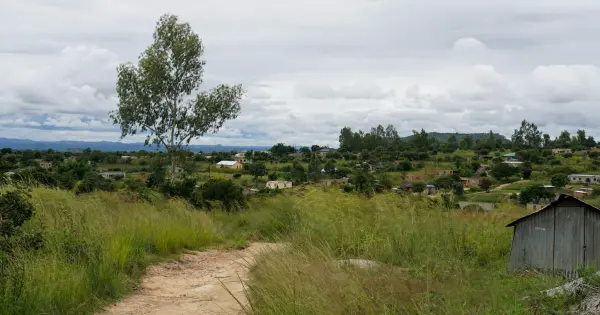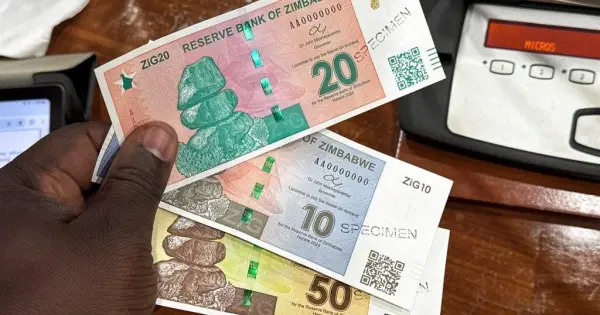This article is part of the Diaspora home decision series. If you haven’t yet read the introduction to the series, now would be a good time to do so. In the introduction we laid the groundwork and looked at what a traditional Zimbabwean person is expected to do and in it we also outlined why you might want to defy that tradition.
In this article we will look at the reasons why you might want to build or buy a rural home. I have to say right from the start that this is not going to be a definitive guide on whether you should build a home in rural Zimbabwe or not - it is simply meant to be a quick checklist.
Another thing to note is that while in the traditional sense, a rural home has always referred to a home you build in the village on your allocated slice of land, these days it goes beyond that. Yes, we still have traditional rural homes in the villages but there have been some developments which you might not be aware of if you left Zimbabwe a while back:
- Rural councils have worked hard when it comes to developing stands that are situated within rural areas but serviced. These houses come with basic amenities such as piped water, electricity and good roads. You normally find such houses/stands near or at growth points as well as townships. Sometimes the stands even come with deeds although cessons tend to be more popular.
- Per-urban rural areas have become popular too and savvy chiefs and headmen are capitalising on it. Two rural areas stand out here: Goromonzi and Domboshava. Although technically rural, the chiefs and headmen are now “selling” stands there too for much lower prices compared to what urban councils demand. These areas are so close to Harare for example that they are practically suburbs if you have a car. You also get electricity and if you spare about US$4 000 you also get an electric borehole.
These are the two developments that stand out and that one needs to bear in mind. So instead of building a home on your allocated traditional plot for example, you can just buy a house at the nearest growth point or township.
Weighing the options
So here are pros in no particular order of importance:
- Land or the stand upon which to build is very cheap or mostly free. If you don’t already have a piece of land all you need to do is send an emissary to the headman with a token amount of money (usually less than US$10) and voila you get your land as long as this is your clan’s area. If not more effort and money might be required to “grease palms” and “wet throats” as is the custom.
- Some “rural areas” like Domboshava and Goromonzi are in the throes of rapid modernisation and chances are they will be swept into the ambits of nearby towns that are expanding in their direction.
- You don’t have to adhere to strict building standards associated with urban councils. You can just tell a builder to build a 3 bedroomed house and they will just build from a well used template. No fuss or hustle.
- It gets people off your back as you would have done your traditional duty
What are the cons of building a home in rural Zimbabwe?
- Most rural areas are remote and inaccessible. It’s very unlikely your new family from the boroughs of New York or some brownstone in London will ever want to permanently live there - like ever. Your spouse, if they are foreign, will hardly last a week.
- Lack of amenities like electricity and running water. You can always drill a borehole and install solar but that’s more money out of your pocket.
- Lack of communication infrastructure is another point.
- You have to rely on third parties to do it for you. We have all heard stories of uncles, brothers and fathers who “ate” their son’s/daughter’s building money. Some build something so different from what you asked.
- You will also have to rely on someone to take care of that house and that plot of land while you are away so they can tend to the house and make sure it’s maintained for you.
- There is a reason why stands cost nothing in rural Zimbabwe, you live at the pleasure of the headman, the community at large and the government. If some natural resource is ever discovered where your home is built, you will lose that home and experience has shown that you might not receive just compensation for it
To go rural or not?
Frankly this is a decision you can only make depending on your circumstances. As already pointed out in the introduction, I would consider my immediate family first. If I am a permanent resident or already a citizen, I will be more concerned with building or buying a home for my family in my new adopted country. If your status is more tenuous you might want to have a backup plan in Zimbabwe’s urban areas. If your budget is a bit strained, then rural it is.




